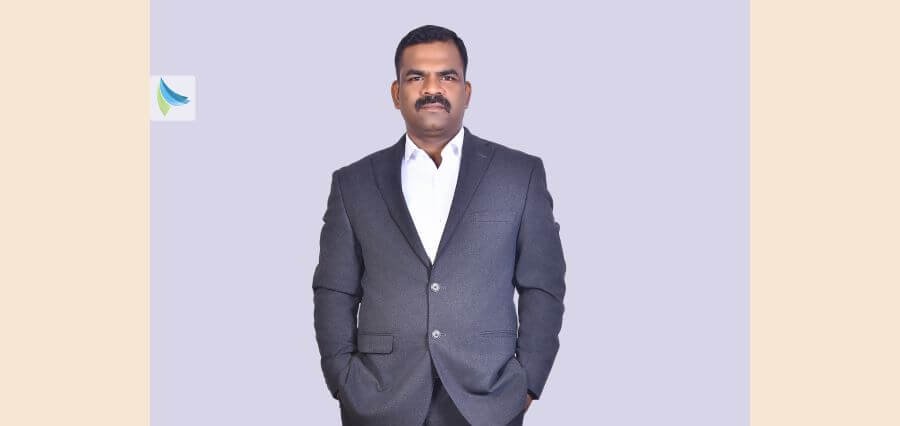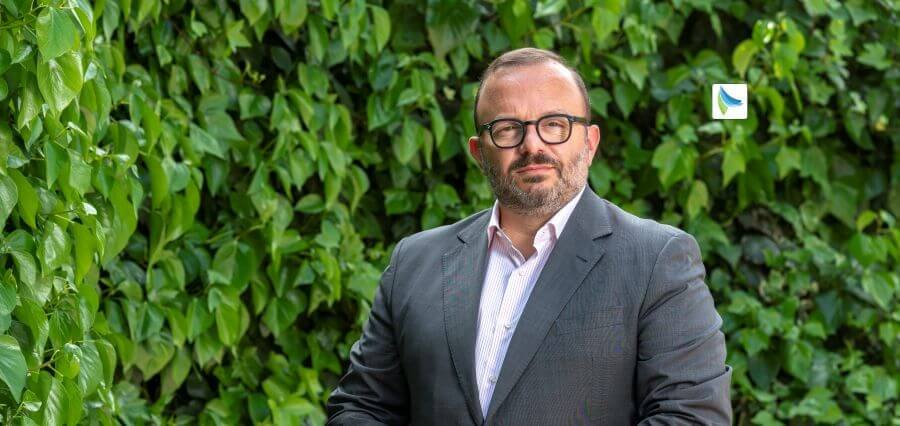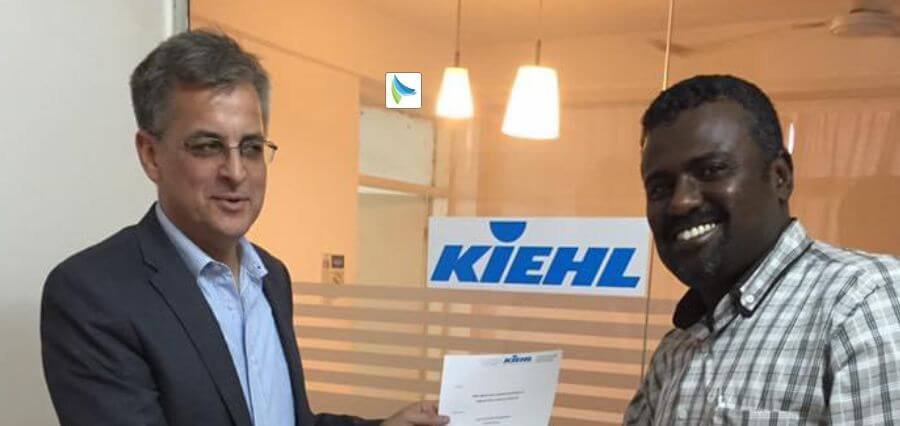The human creative mind is both a blessing and a curse for the human race. It has allowed us to advance our comfort and our systems, without it we would still be living in caves. It allows us to imagine a better way which drives us to reaching goals that are not easily reachable. The bigger the vision, the greater the obstacles. But with an inspired idea for change comes the sweat and the heartache that is needed to bring it to life. A driven creative mind lives mostly in the frustration of “not there yet” and seldom enjoys the feeling of accomplishment. The creative mind makes frustration a common characteristic that ties most human beings together, balanced against how creativity is unique in each creative mind. Each of us has a unique vision, perspective and approach for channeling creativity. This is what makes humans so wonderfully interesting.
When the crafting of creativity is carried out with focus, and determination a sustainable living can be achieved. And as it takes focus and dedication for a person to come up with something truly unique, the hard work part is needed to ensure that it is not being squandered or appropriated by others. Thus, the need for systems that leverage the creatives’ rights while expanding their potential of revenue.
Lionel Lodge, CEO of SyncLodge, focuses his creative mind on the vital aspect of protecting creative inspiration and the remuneration of others’ creative accomplishments. Hence, with SyncLodge, Lionel empowers audio and visual creatives by providing a system that supports them through the many stages of music synchronization licensing. He and his team have built a web-based platform that removes frustrations, delivering a full set of administrative and communication management tools for licensing music professionally. SyncLodge opens the gates and levels the playing field for all in the industry.
In an interview with Insights Success, Lionel discusses his interesting perspectives of the entertainment industries and shares with us his creative visions.
Below are the highlights of the interview:
Lionel, briefly describe your professional journey up until now.
I have worked all my life in the entertainment industry as a creative as well as a business manager. The two seemed to go hand-in-hand. My father worked in the entertainment industry, so it was a natural path. At different times, while busy on the creative side, it would become obvious to me that something needed fixing or doing differently, and I would set to initiate those changes.
It started with a live music venue, then a booking agency, and in between, there was an independent record company and an independent publishing company. At one point, I found myself in the position of the senior editor and co-publisher of an entertainment magazine. In the mid-2000s I started a boutique sync licensing agency, bringing me to realizations and to my current position as CEO and co-founder of SyncLodge. Throughout the years, I have continued the creative side, writing and co-writing hundreds of songs, producing, engineering, and arranging, and I have played thousands of shows in many countries.
What challenges did you face along the way?
I have always liked challenges; the chess games. A good challenge can be beneficial to a team in many ways: proving we can climb that hill is great for morale, learning about each other’s weaknesses and strengths, and how to work as a team leveraging strengths and weaknesses. I think that is the biggest challenge, how the team can learn to function through the strengths and not be anchored by the weaknesses but use them to build a better team.
What significant impact have you brought to the Music and Project Management industry?
I would like to think building bridges for cooperation, but I think others should answer that question.
Tell us about SyncLodge and its foundation pillar.
The concept for SyncLodge came out of working as an agent in the sync licensing industry and seeing the amount of friction, frustration, and time spent on boring, tedious administrative tasks, an element a lot of industries deal with. Sync licensing, which is the legal placement of audio in visual media (TV, film, video games, advertising and now the metaverse or Web3), is a very creative industry filled with wonderful people whose main interest is in the creative side. Music supervisors bring so much happiness into people’s lives by choosing that perfect song for a scene that lifts you. But the creative side of a music supervisor’s job is about 20% of the work. The rest is administrative.
SyncLodge has built tools that cut administrative time by 60%. It is a dynamic system that covers all the steps involved in sync licensing. It automates many of the most tedious elements and offers great tools for creative processes. One of our beliefs is that such benefits should be accessible to all in the industry, not just the big companies with deep pockets. If we don’t support the independents and the new generation, the future will stagnate. So, we have made SyncLodge with no financial barrier to entry. It is not just the big companies that need professional tools. Our motto is “Pulling together so we all move forward.”
How does SyncLodge promote workforce flexibility, and what is your role in it?
Workforce flexibility is a very healthy ambition for society in general. To be able to remove the constraints of industry tradition and allow people to work in a way that best suits them has been proven to deliver far higher productivity, job contentment, and job commitment. At SyncLodge, we have no set hours of work, we have tasks to complete and challenges to get past, and we are very fortunate to have a team that is highly engaged; I would even go so far as use the word passionate.
We have introduced a lot of incentives that are designed to inspire individual as well as team ambition. And with the services our platform brings to the music and visual creatives, we weave into all the tools working flexibly. Inside and outside the company, we want our presence to empower people, to help people to move forward.
What will be the next significant change in the Music and Project Management industry, and how are you preparing for it?
In sync licensing, or IP licensing, the next big challenge is already here. It is called Web3. Allowing this new chapter of the internet to flourish and not build constraints of protection but still ensure IP rights are respected and use is compensated is a big challenge but a very important one to get right. If you have a café or club and you are playing or broadcasting music, there is a license you need to pay that compensates the IP owners.
The metaverse is on a different level; it is, in many ways, a completely new frontier. It will have its growing pains, and mistakes will be made, but with the potential being so great, we need to try to get it right, re-think the industry structure, how IP compensation is managed. When Napster came along, there was an incredible opportunity for re-structuring the industry and empowering the independents but instead, the industry-built constraints and fought to shut it down.
It took a long time for the industry to regain its monetization ability, and they still have not got it right. Therefore, governments have to hold hearings and consider and introduce new legislation to try to ensure a productive future for creatives. SyncLodge is working with a few organizations, like the non-profit Web3MusicRights, to try to get it right this time. Part of our team is focused on tools and ideas to help to smooth the transition.
How are you leveraging the newest technological advancements at SyncLodge?
Technology is evolving and morphing into the future. It is a liquid form and will flow the way with the least resistance. At SyncLodge, we are working globally with industry connections and advisors, listening to their needs and working on delivering the solutions. We have a few big releases coming up that I can’t go into at this time, but to say they will answer some of the current obstacles the industry faces. We believe in cooperation over competition and are working with some very cool companies initiating AI, ML, and blockchain technologies. It is a very exciting time.
What are your goals for the upcoming future?
SyncLodge has a long and wide road map ahead, many initiatives we are working on introducing. To support our goals, we are talking to potential investors, but for us, it has to be a very good fit and cooperatively make sense. It isn’t just about the money but also about the vision for the future. The vision needs to be agreed upon and seen as a priority by all involved. So, we are building, expanding, and growing. We are excited about the future and the part we will play in empowering the creatives of this world.
What advice would you like to give the next generation of aspiring business leaders?
Many cliches are used a lot when advising the next generations, like learning from your mistakes (because you will make them, so you might as well gain something from them). I think what is important is the long arch of it all, and for that, I think Ray Dalio’s view on team working and running a company is very important. It is hard to do, it scares some people, but it is extremely empowering for the individual and the company. Radical Honesty and Radical Transparency. Radical Honesty is for all on the team, regardless of area of focus, to be able to speak their mind even if it entails not agreeing with the boss’s ideas, for the team to be able to pull on the diverse views of the team members without fear of ridicule or negative kickback.
Radical Transparency is about all the team having transparency of all communications and initiatives, internal and external. That scares a lot of people and is a tough one to swallow. But it builds a great team and cuts down on tunnel-view decisions. It also keeps everyone aware of the company’s directions and allows them to share their perspective. This allows for the true diversity of the team, of the individual, to shine.
But the main bit of advice I would give, which ties into what I said before, is to choose your partners very carefully; business partnerships can be more intense than marriage. You are going to go through a lot of ups and downs together; make sure it is someone you can work with and openly communicate with and that you have a very clear focus on who you are as a team, what you are doing, and why you are doing it.



















